Dilvas
✅ Manages High Blood Pressure
✅ Improves Heart Function
✅ Reduces Cardiovascular Risks
✅ Prescribed by Physicians
✅ Oral Administration Option
Dilvas contains Enalapril.
Product Overview
Dilvas is a pharmaceutical preparation containing Enalapril as its active component. This medication falls under the category of angiotensin-converting enzyme (ACE) inhibitors. Clinically prescribed for hypertension management, cardiac insufficiency, and post-myocardial infarction recovery enhancement, Dilvas functions by promoting vasodilation, facilitating improved blood circulation, and decreasing cardiac workload.
Therapeutic Applications
Dilvas is principally indicated for blood pressure regulation in hypertensive patients, thereby mitigating risks associated with cardiovascular events and renal complications. It is additionally employed in cardiac failure management to optimize myocardial performance. Post-infarction patients may receive Dilvas to improve prognosis and prevent subsequent cardiac episodes.
Administration Guidelines
Dilvas should be administered precisely as directed by a qualified healthcare provider. The standard regimen involves once or twice daily oral consumption, with no food restrictions. Tablets must be ingested intact with adequate water. Therapeutic compliance is essential for optimal outcomes, and discontinuation without medical consultation is contraindicated regardless of symptomatic improvement.
Mechanism of Action
The pharmacodynamic activity of Enalapril in Dilvas involves competitive inhibition of angiotensin-converting enzyme. This enzymatic blockade prevents vasoconstriction mediated by angiotensin II, resulting in reduced vascular resistance and consequent blood pressure reduction. The hemodynamic effects contribute to improved cardiac performance, particularly beneficial in congestive heart failure cases.
Dosage Protocol
Dilvas posology is individualized based on clinical indication and therapeutic response. Hypertension management typically initiates with 5-10 mg daily, with subsequent titration. Cardiac failure protocols employ more conservative initial dosing with gradual escalation to minimize adverse effects. All dosage adjustments must be physician-supervised.
Therapeutic Advantages
Dilvas demonstrates significant clinical benefits across multiple cardiovascular indications. Its antihypertensive properties reduce cardiovascular morbidity risks, while its cardioprotective effects enhance myocardial efficiency. Symptomatic relief in heart failure patients includes amelioration of dyspnea and fatigue. The medication’s prognostic benefits in post-infarction care are well-documented.
Adverse Reactions
Common adverse effects may include cephalalgia, vertigo, persistent cough, asthenia, and gastrointestinal discomfort. While typically transient, persistent symptoms warrant medical evaluation. Serious but rare complications include renal impairment, hyperkalemia, and hypersensitivity reactions. Immediate medical attention is required for angioedema or respiratory distress manifestations.
Precautions
Prior to initiation, disclose any history of renal or hepatic impairment, or diabetes mellitus. Ethanol consumption may potentiate hypotensive effects. Absolute contraindications include pregnancy (potential fetotoxicity) and lactation (risk of neonatal exposure). Regular monitoring of renal function and serum electrolytes is recommended during therapy.
Storage Conditions
Maintain Dilvas at controlled room temperature (15-30°C) in a dry environment. Ensure secure storage away from pediatric access. Dispose of expired medication in accordance with local pharmaceutical waste regulations.
Disclaimer:
The provided information is intended for educational purposes and represents expert-reviewed medical content. This material should not substitute professional medical advice, diagnosis, or treatment. The content may not encompass all potential adverse effects, contraindications, or drug interactions. Healthcare providers should be consulted for personalized medical guidance. This information aims to complement, not replace, the physician-patient relationship.
| Strength | 2.5 mg, 5 mg, 10 mg |
|---|---|
| Quantity | 30 Tablet/s, 60 Tablet/s, 90 Tablet/s, 180 Tablet/s |
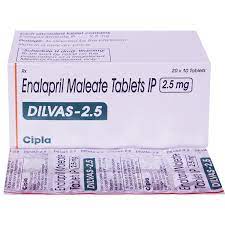 Dilvas
Dilvas











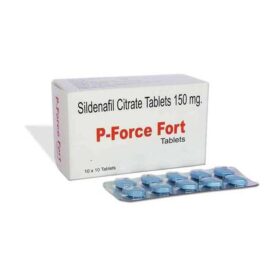
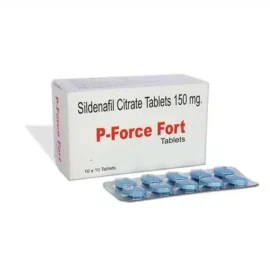
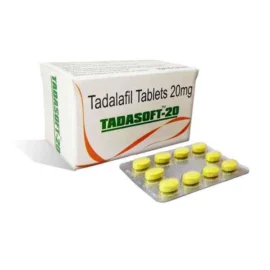
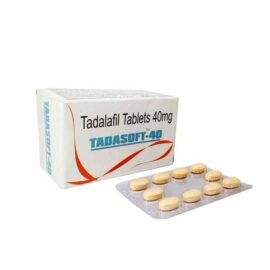


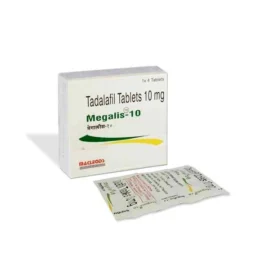
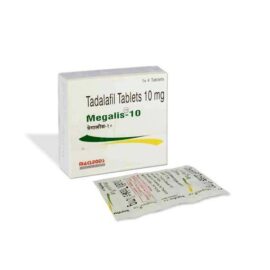


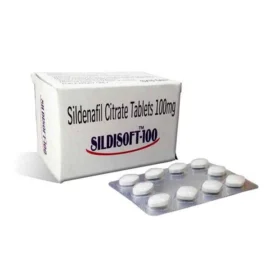
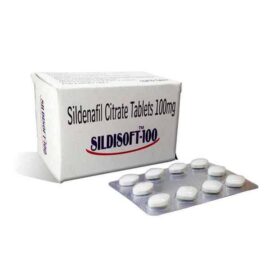
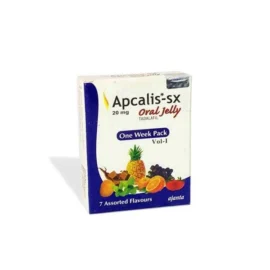
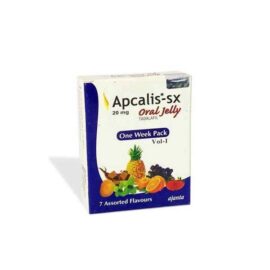
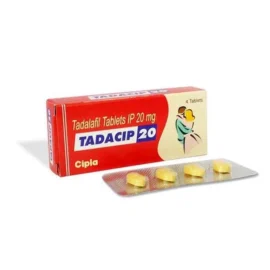
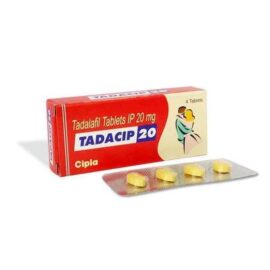


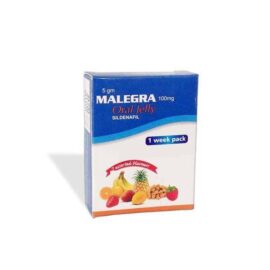


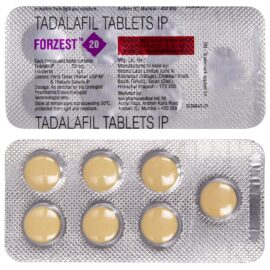
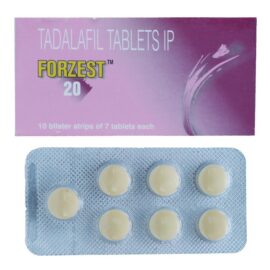
Reviews
There are no reviews yet